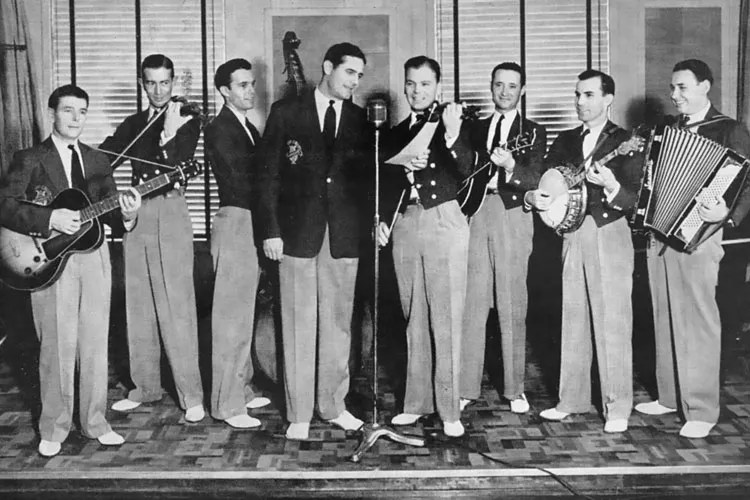“Don’t Let Your Deal Go Down”—Strum Through This Bluegrass and Folk Standard
“Don’t Let Your Deal Go Down” is a standard in bluegrass circles today, but the song predates the genre. Like many classic folk songs, its origins are murky, with some verses appearing to be mashups of even older traditional folk songs.
The first popular recording was made in 1925 by Charlie Poole and the North Carolina Ramblers, and it sold over 100,000 copies—a huge number at the time. Since then, the song has been covered by Doc Watson, Flatt and Scruggs, the New Lost City Ramblers, David Bromberg, and others.
ADVERTISEMENT
As with many old songs passed down through generations, there are variations in both the lyrics and the simple chord progression. Check out Sierra Ferrell’s wonderful reharmonized version in a minor key. “Don’t Let Your Deal Go Down” even inspired other songs, such as Jerry Garcia and Robert Hunter’s “Deal” and Bob Dylan’s “When the Deal Goes Down.”
It’s a simple song with just four basic chords. The verses and chorus are essentially the same, but the most challenging aspect for some beginners may be the spirited tempo many versions employ. Even a simple progression with four open chords can be tough to play cleanly at breakneck speeds.
ADVERTISEMENT
In keeping with our primary approach for these campfire arrangements, I take the tempo at a more relaxed pace, with the expectation that you can gradually speed it up as you get comfortable. The chords are all classic open cowboy voicings, played with a simple alternating bass strum. The repeating progression follows a VI–II–V–I pattern, so in the key of C, the chords are A7, D7, G7, and C.
Because the verses and chorus are essentially the same, I’m using a couple of dynamic techniques to differentiate them. In the choruses, I open up the alternating bass strum, letting the strings ring more freely. Conversely, in the second half, I’m dropping the dynamics by using palm muting to create more contrast between the verse and chorus. This combination of simplicity and variation is what makes “Don’t Let Your Deal Go Down” such a timeless and adaptable song.



This article originally appeared in the January/February 2025 issue of Acoustic Guitar magazine.
Many of the teachers who contribute lessons to Acoustic Guitar also offer private or group instruction, in-person or virtually. Check out our Acoustic Guitar Teacher Directory to learn more!




